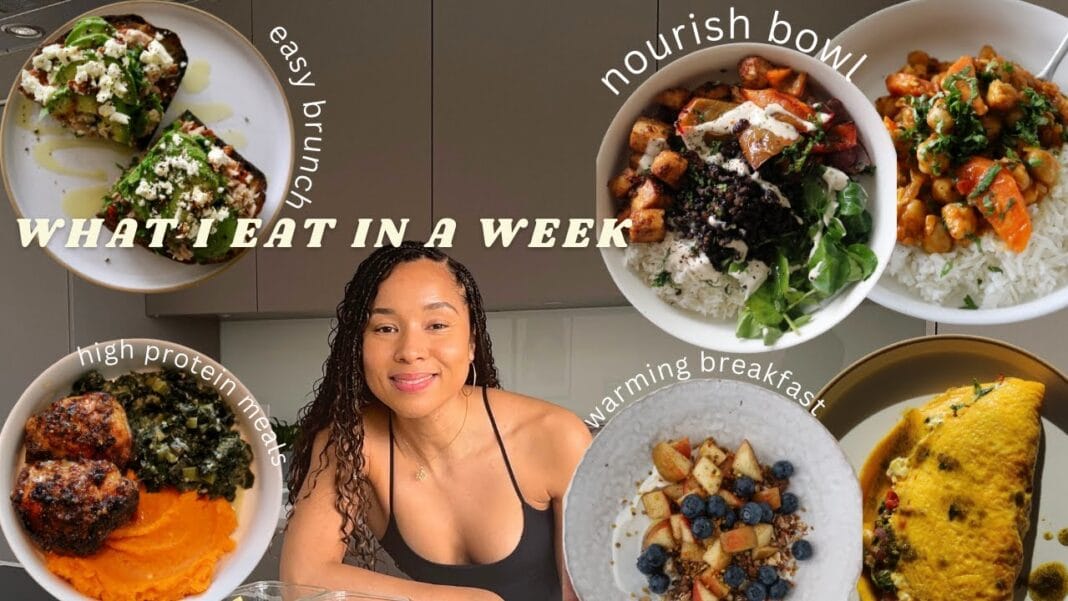In a world increasingly dominated by fast food, takeout menus, and culinary shortcuts, the art of cooking can often feel like a lost treasure. Yet, beneath the enticing smell of spices and the rhythmic chopping of vegetables lies a transformative power — one that cooking lessons harness to enrich lives, foster connections, and ignite creativity. Whether you’re a novice learning to sauté or an experienced home chef seeking new inspiration, cooking lessons offer a unique avenue for personal growth and joy.
The Therapeutic Nature of Cooking
Cooking is therapeutic. The process of preparing a meal engages multiple senses — the vibrant colors of fresh produce, the aromas wafting from the oven, and the tactile experience of kneading dough. These sensory interactions can serve as a grounding practice, providing a welcome distraction from the stresses of life. Studies have shown that cooking can reduce anxiety levels, promote mindfulness, and elevate mood. Just as art or music therapy can heal, so too can the act of creating something nourishing from scratch.
Building Community and Connections
At its core, cooking is a communal activity. Gathering around a kitchen island, chopping vegetables side by side, and sharing family recipes can foster connections that go beyond the plate. Cooking lessons often bring people together — whether friends, family members, or strangers — catalyzing conversations and bonding experiences. In our increasingly digital age, these in-person interactions offer a welcomed reminder of the joys of human connection.
In many cultures, preparing and sharing meals is a revered tradition, often tied to festivals, holidays, and family gatherings. By participating in cooking lessons, individuals can reconnect with their own cultural heritage or explore new cuisines, allowing for cross-cultural exchanges and the creation of new friendships. As participants bond over shared experiences, they build a community centered around food, culture, and collaboration.
Unlocking Creativity
Cooking is also a form of self-expression. Much like an artist with a palette, chefs use ingredients as their medium, combining flavors and textures in new and innovative ways. Cooking lessons encourage exploration and experimentation. Through guided instruction, participants learn not only techniques but also the freedom to express their culinary creativity.
The empowerment that comes from mastering a new skill — whether it’s whipping up a perfect soufflé or crafting delicate sushi rolls — can bolster self-esteem and inspire further exploration. In a society that often promotes individualism, cooking classes provide a platform for shared creativity, allowing individuals to develop their unique culinary identities while learning from one another.
Nurturing a Lifelong Skill
Learning to cook is a gift that keeps on giving. Skills developed in cooking lessons can lead to healthier eating habits and greater appreciation for food. Participants learn to understand ingredients, their nutritional values, and how to make informed choices in the kitchen. As knowledge grows, so too does confidence.
Moreover, the ability to prepare one’s own meals is empowering. It fosters independence and can help reduce dependence on processed foods or takeout options. Cooking lessons instill the confidence needed to tackle meal preparation with creativity, ensuring that individuals can adapt recipes to their dietary preferences and restrictions.
Rediscovering Tradition
In an age of rapid modernization, cooking lessons can also serve as a bridge to tradition. Many culinary classes delve into the roots of cuisines, exploring age-old practices and family recipes that tell stories of heritage. Participants often discover the richness of cultural narratives associated with each dish, deepening their understanding of food as an expression of identity.
As individuals venture into this culinary journey, they engage not only with the techniques but also with the stories behind the dishes, enhancing their appreciation for the legacy that food represents. This reconnection with tradition is especially crucial as younger generations seek to understand their cultural heritage in an increasingly globalized world.
Conclusion: A Recipe for Happiness
In conclusion, cooking lessons offer a multifaceted approach to personal growth and connection. By strengthening mental well-being, building communities, unlocking creativity, nurturing essential life skills, and rediscovering traditions, cooking transforms mere sustenance into a source of joy and fulfillment. So, whether you’re rolling up your sleeves for the first time or diving back into the kitchen, remember that every meal offers an opportunity to stir up joy. Embrace the process, savor the moments, and celebrate the transformative power of cooking. After all, some of life’s greatest pleasures are best served homemade.


